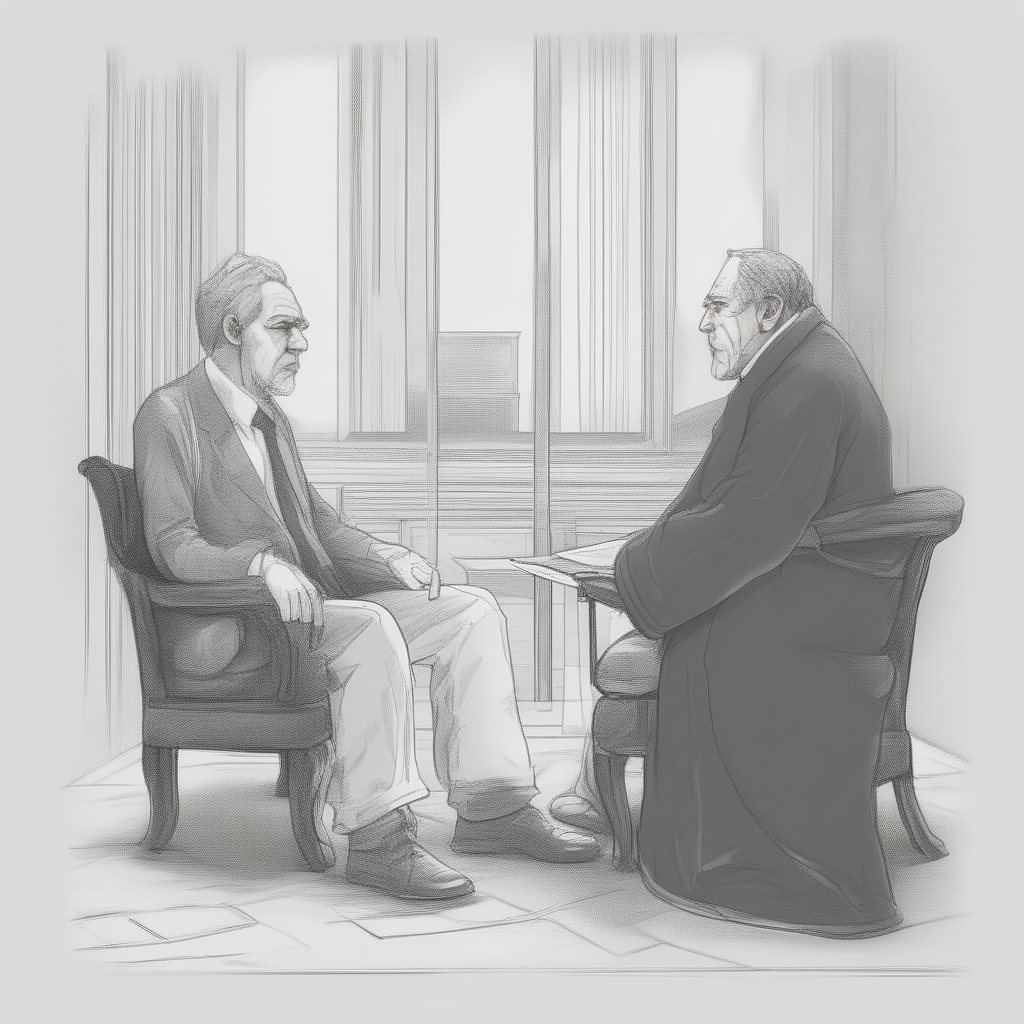Disownment refers to the act of completely severing ties with an individual, often within a family context. It is an extreme measure taken when a person feels they can no longer accept or support someone’s behavior, choices, or actions. Disownments can be emotionally charged and have far-reaching consequences for both the disowned individual and the family dynamics.
One common reason for disownments is the refusal to conform to societal norms or cultural expectations. This may include decisions like marrying outside of one’s race, pursuing a different religion or faith, or identifying with a different gender or sexual orientation. In such cases, families may feel that their values are being threatened or that they are losing face in their community. Consequently, disownment can be seen as a way to protect one’s reputation or maintain a sense of control over family traditions and beliefs.
Disownments can have significant emotional and psychological effects on all parties involved. For the person being disowned, it can lead to feelings of rejection, abandonment, and isolation. They may struggle with a loss of identity, trying to make sense of their place in the world without the support and love of their family. Furthermore, the remaining family members may also experience guilt, regret, and conflict as they grapple with their decision to disown a loved one. Often, disownment can create a rift among relatives and strain relationships for years to come.
Despite its devastating consequences, disownments sometimes occur when individuals believe it is the only way to maintain their own well-being or protect their other family members. In cases involving abusive or toxic behavior, disownment may be seen as a necessary step towards creating a healthier and safer environment. However, it is important to recognize that disownment should not be taken lightly and should only be considered as a last resort when all other avenues have been exhausted. Communication, understanding, and seeking professional help can play crucial roles in resolving conflicts and potentially averting disownments.
